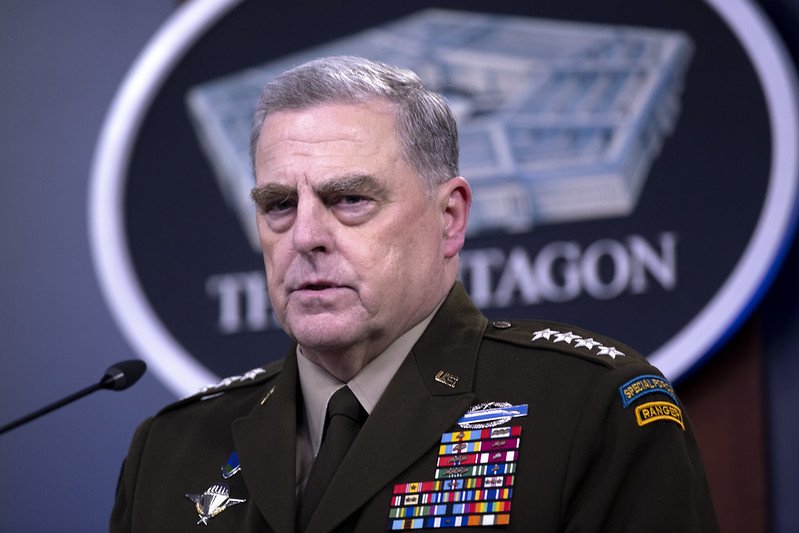Story at a glance…
-
As winter nears, leaders and lawmakers are beginning to call for negotiations in Ukraine.
-
Other voices suggest this is just cold feet, and that there’s no good time to negotiate with Russia.
-
Europe as a whole is beginning to see the war as huge threats to their economies in the face of American protectionist legislation.
As lakes and fields begin to freeze over in eastern Ukraine, opinions on the course of action over this third phase of the war are dividing in the West.
This was cemented over the last 2 weeks or so through a series of news events that staked out lines within the NATO alliance—with sober American military leadership joining the European political class in arguing in the affirmative that following a spectacular Ukrainian counter-offensive over the autumn, the time for a political solution is optimal.
Arguing in the negative is a variety of arms industry-connected politicians on Capitol Hill, several Western media outlets like The Guardian, and The Wall Street Journal and some American non-uniformed military officials.
Chairman of the Joint Chiefs of Staff, four-star General Mark Milley recently offered some frank observations regarding Ukraine’s current position.
“There has to be a mutual recognition that military victory is probably — in the true sense of the word — is maybe not achievable through military means, and therefore you have to turn to other means,” Milley said. “When there’s an opportunity to negotiate, when peace can be achieved, seize it. Seize the moment”.
Milley didn’t imagine his words would disturb anyone, but as Jeremy Scahill writing at The Intercept points out, “the Biden administration ‘scrambled’ to ‘clean up Milley remarks’ and ‘handle Ukraine’s feelings’”.
Scahill added that Milley defended his assessment in a press briefing at the Pentagon alongside Defense Secretary Lloyd Austin.
“The probability of a Ukrainian military victory defined as kicking the Russians out of all of Ukraine to include what they define or what the claim is Crimea, the probability of that happening anytime soon is not high, militarily,” Milley said in response to a reporter’s question on November 16th.
“There may be a political solution where, politically, the Russians withdraw, that’s possible. You want to negotiate from a position of strength. Russia right now is on its back”.




